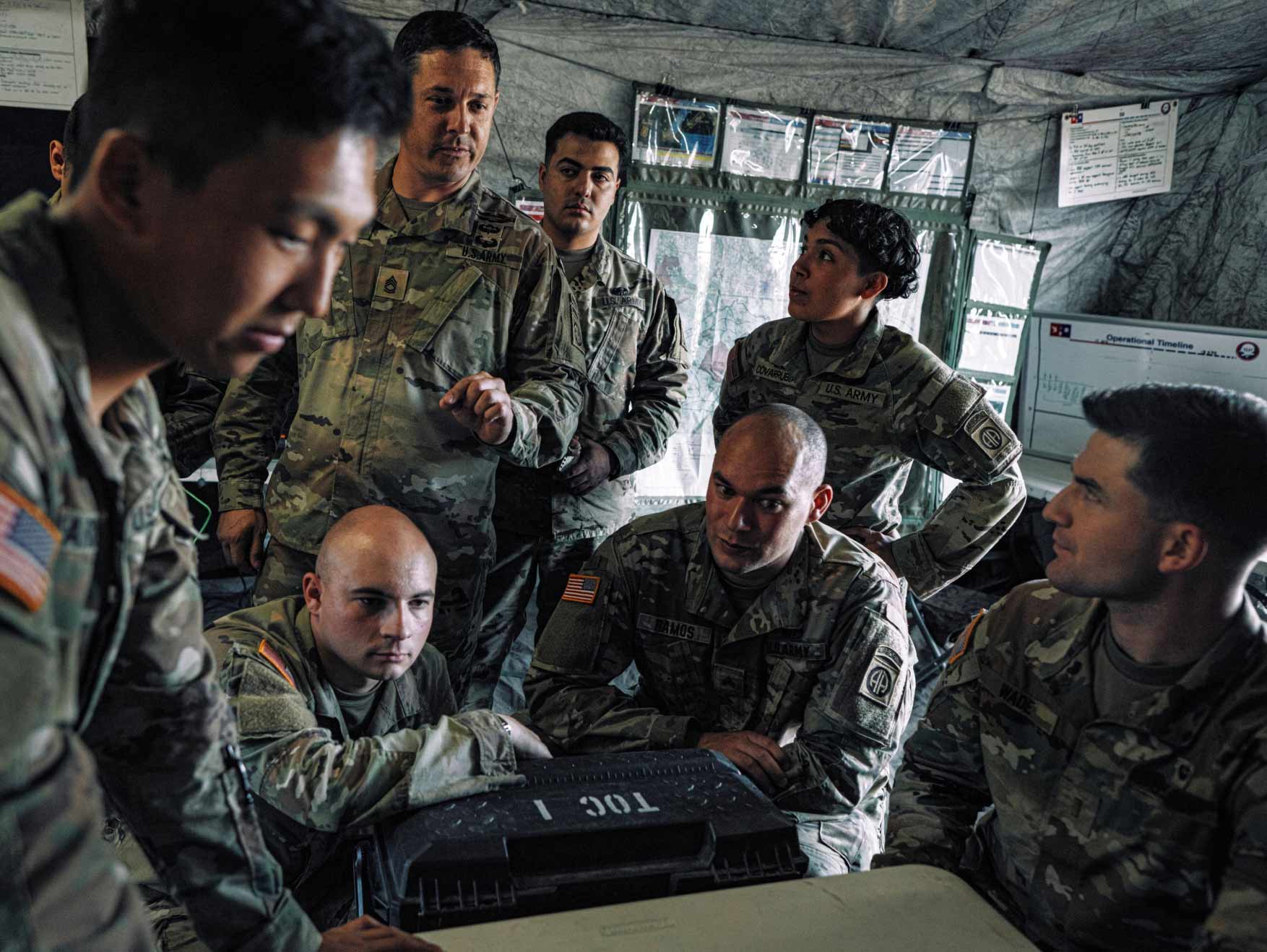

If you’re pursuing a college education or already have your degree, you have options to earn a commission as an Officer.

Earn college scholarships, develop leadership skills, and advance your military career while on campus with the Army Reserve Officers’ Training Corps (ROTC).


Officer Candidate School (OCS) is an intensive program designed for enlisted Soldiers and civilians with college degrees to earn a commission to become an Officer.
Your rank as a commissioned Officer indicates not only your pay grade, but also the amount of responsibility you hold.
Start by leading platoon-sized units of 16 to 44 Soldiers in entry-level leadership roles, working your way up to as many as 190 Soldiers as a Captain or battalion-level operations as a Major.
First lieutenant (1st Lt.) has served 18 to 24 months and leads specialized weapons platoons or serves as Executive Officer to company commanders.
Captain (Capt.) commands and controls company sized units alongside a principal NCO assistant, known as a First Sergeant.
Major (Maj.) oversees brigade and task force command for personnel, logistical, and operational missions.
left-carat-circle-v2 right-carat-circle-v2Advance in rank to lead battalion- and brigade-sized units of anywhere between 300 and 3,200 Soldiers, to eventually lead division-sized units of 10,000 to 16,000 Soldiers.
Colonel (Col.) is usually the chief of divisional-level staff agencies and commands brigade-sized units.
Brigadier General (Brig. Gen.) serves as deputy commander to the commanding general for Army divisions.
Apply your knowledge and skillset to a career with meaning. A direct commission appoints civilians with professional experience directly to an Officer rank.
Utilize your professional expertise to become a leader in the Army Join a mission with a purpose Work in state-of-the-art facilities around the world 
As an enlisted Soldier, you have endless opportunities to rise through the ranks and advance your career. If you want to become a technical expert in your field and a highly-respected leader, the Army Warrant Officer path could be right for you.
Demonstrate expert technical skills Get recruited to apply to Warrant Officer Candidate School (WOCS) after two years of service Serve as an advisor on specialized and strategic missions as a Warrant Officer 
When you’re an Officer in the Army, the ability to grow your career doesn’t stop. You can have a fulfilling lifelong career with many opportunities for training and advancement. Becoming an Officer will also help you if you decide to enter the civilian workforce, as employers place a high value on workers who can lead others in challenging situations.

It depends on which path you choose. If you choose to become an Officer through the Army Reserve Officers’ Training Corps (ROTC) or the U.S. Military Academy at West Point, you’ll become an Officer after completing four years of college. Through Officer Candidate School (OCS), you’re commissioned as an Army second lieutenant after completing a brief enlistment period and the 12-week course, but you’ll still need to earn a four-year degree from an accredited university. If you join through direct commission, you’re automatically an Officer when you enter the Army, but your commission may still be dependent upon completion of specific courses and certifications related to your specialty.
Army Officer salaries are generally comparable with mid- to senior-level corporate executives. However, when you consider additional benefits like free health care for full-time Soldiers, as well as allowances for housing and food, opportunities to get an advanced degree without incurring debt, 30 days paid leave every year, and more financial benefits, the Army is more competitive than similar civilian careers.
Yes, the one basic requirement to become an Officer is that you must have a bachelor’s degree—not necessarily at the start of the process, but by the time you’re commissioned as an Officer. If you don’t have a degree yet, the Green to Gold program is a way for enlisted Soldiers to earn a commission as an Army Officer after completing a bachelor’s degree or a two-year graduate degree.